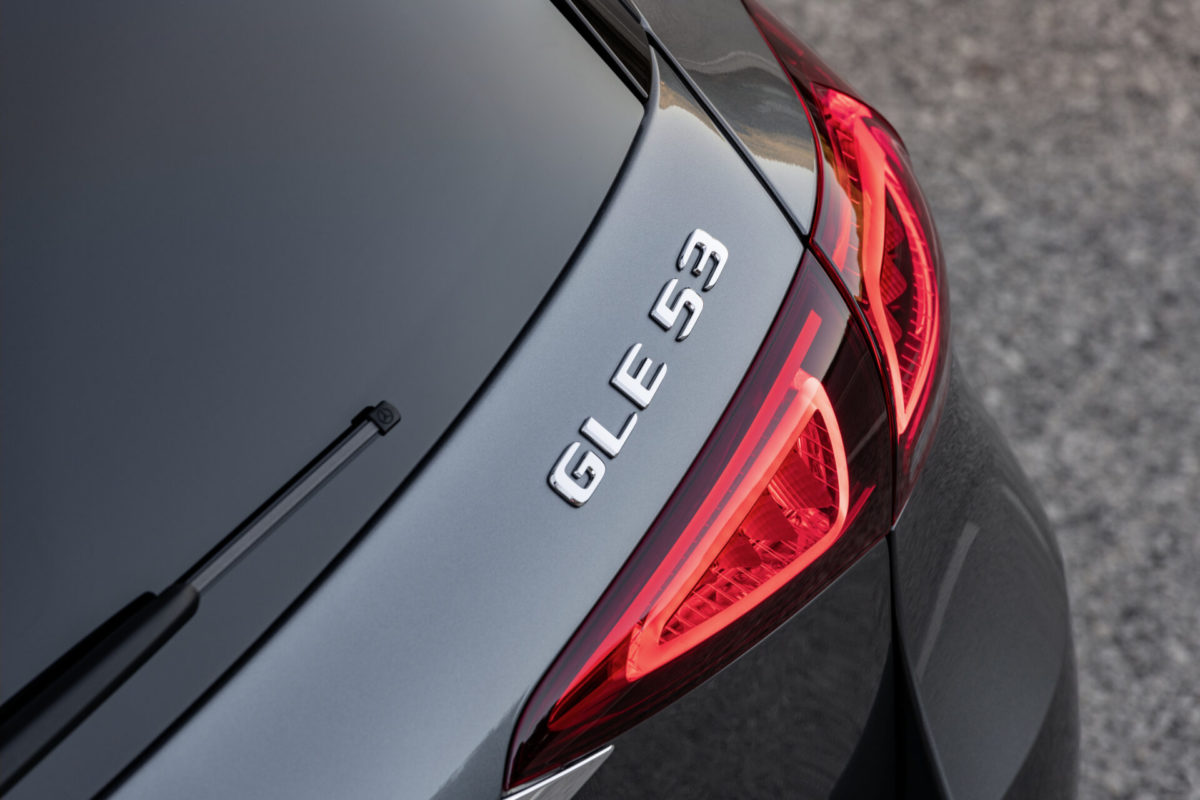Unlocking the lockdown on vehicle sales
Sales during the first four months of the year remain 28.3% ahead of the corresponding period last year
– Lebogang Gaoaketse, Head of Marketing and Communication at WesBank Vehicle and Asset Finance
April new vehicle sales told an inspiring story of the South African motor industry’s resilience, while also providing a harsh reminder of the bleak outlook experienced a year ago. With April 2020 sales essentially at a standstill as motor retailers stood closed, the rejuvenated picture a year later, while certainly reassuring, remains under pressure.
In percentage growth terms, the sales dam was over-flowing while the floodgates couldn’t keep up. According to naamsa | the Automotive Business Council, the new vehicle market grew 6,133.3% in April compared to April last year. However, the reality was a little more subdued when considering that April’s 35,779 sales were 17.6% lower than last month – 7,649 units less than March.
“April sales are difficult to interpret within the context of lockdown,” says Lebogang Gaoaketse, Head of Marketing and Communication at WesBank Vehicle and Asset Finance
“April sales are difficult to interpret within the context of lockdown,” says Lebogang Gaoaketse, Head of Marketing and Communication at WesBank Vehicle and Asset Finance.
“On balance, April sales lost less against March than March sales had gained against February, meaning the market remains in its state of slow recovery.” March sales had increased 18.4% over February.
Sales during April will also have been impacted by the numerous public holidays, providing fewer selling days during the month. “Reassuringly, however, is that sales during the first four months of the year remain 28.3% ahead of the corresponding period last year.
This is purely as a result of April volumes measured against the 574 sales recorded in April last year. Within this context, first quarter 2021 sales were 0.9% lower than 2020.”
Demand in the new vehicle market remains high
– LEBOGANG GAOAKETSE, HEAD OF MARKETING AND COMMUNICATION AT WESBANK VEHICLE AND ASSET FINANCE
The passenger car segment sold 22,911 units during April, 86.2% of which were retailed through dealers to consumers.
Dealer channel sales were relatively robust and are 27.3% ahead year-to-date. The segment was 13.9% down on March sales.
Light Commercial Vehicles (LCVs) by comparison were 24.3% lower than March, taking a harder knock – although year-to-date sales in the segment are 46.9% higher. Dealer channels sales in the segment accounted for 90% of sales.
“Demand in the new vehicle market remains high as judged by WesBank’s daily application rate,” says Gaoaketse. “While WesBank continues to finance more than twice the number of pre-owned vehicles than new, there is a marginal shift towards new car sales as experienced during April.”
Affordability remains a key purchase consideration, driving consumers towards the pre-owned market.
“Attractive incentives in the new vehicle market, however, as well as low-interest rates, are providing some stimulus to the new vehicle market,” says Gaoaketse.


 According to naamsa, the Automotive Business Council, March sales recorded 44,217 new vehicle sales. Compared to March last year, this represents a 31.8% increase in sales year-on-year, although the downtrodden March 2020 performance should be critically considered.
According to naamsa, the Automotive Business Council, March sales recorded 44,217 new vehicle sales. Compared to March last year, this represents a 31.8% increase in sales year-on-year, although the downtrodden March 2020 performance should be critically considered.


















